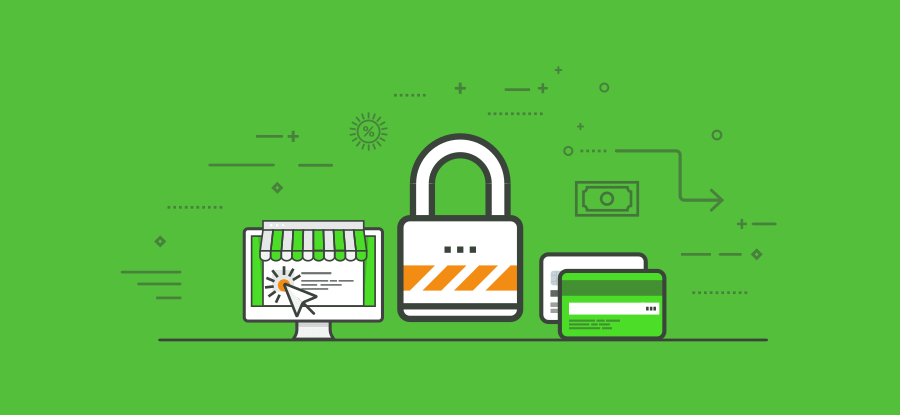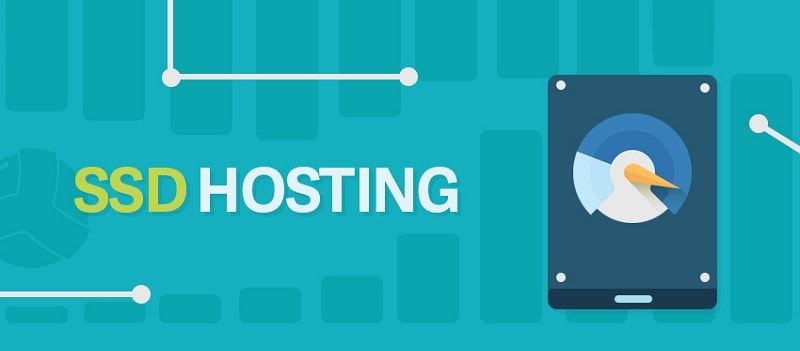Whenever you don’t use a strong password, you run the risk of losing vital and often personal information. At best, a compromised password can lead to being briefly locked out of a social media account. At worst, your entire life can be turned upside down. Fortunately, there are several key warning signs that will make […]
6 Types of SSL Certificates to Secure Your Website
Building customer trust or obtaining customers’ confidence in your business website is a must. The best way to accomplish this trust is to install an SSL certificate. SSL (Secure Sockets Layer) certificates are used to secure website pages when submitting necessary sensitive information. Sensitive information can be in the form of payment methods, online services such […]
What is SSD Hosting; and What are Their Advantages to Websites?
Computing technologies have been advancing at an accelerated rate, everyone has seen it and everyone who has a pair of eyes and ears knows about it. But there are some significant factors that are holding the development back. One of these is the use of mechanical HDDs. The problem with this is the mechanical part. […]



